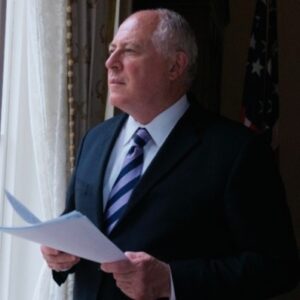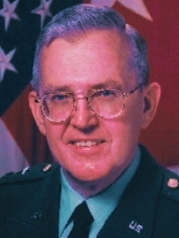“Biography of Abraham Lincoln”

Hello Friends Have a Good day Today i will talk the life story of world femous American Former and Noble Personalities may you read in your high school history books. his name is Abraham Lincoln.
So if you are searching the Biography of Abraham Lincoln then you came on the right platform below it is given just read it.
Early life:
Abraham Lincoln was the 16th president of United States and He was born on 12 February 1809 in a log cabin in Hardin County (now LaRue County), Kentucky.
His father Thomas Lincoln was farmer. Lincoln’s childhood was tearful and hardships when he was only nine years old his mother expired then His father remarried.
and Lincoln developed a strained relationship with his stepmother Sarah Bush Johnston Lincoln who nevertheless, encouraged his love for learning.
When Lincoln become youth the civil war was started in his nation then Lincoln participated an important role in this Civil war and did his best leadership to preserve the union during American civil war and brought about the emancipation of enslaved people in the United States.
Despite limited formal education –
He only attended school for a few months Lincoln was an avid reader and taught himself through borrowed books.
His voracious appetite for knowledge included the Bible, Aesop’s Fables, and works by Shakespeare, among others.
This self-education gave the foundation for his later profound understanding of language. Meanwhile his family moved to Indiana and later settled in Illinois.
Early Career:
Lincoln did various jobs including rail-splitting, store clerking, and surveying, to support himself.
His ambition and interest was in law that why he studied law books, and in 1836, he received his law license.
Abraham Lincoln self-education, and a growing interest in politics and the law, laying the groundwork for his future as a statesman and leader.
Entry into National Politics:
In 1846 Lincoln was elected as a member House of Representatives from the Whig Party of United States. He opposed the Mexican-American War, earning him criticism but also establishing his reputation as a principled politician.
Temporary Withdrawal from Politics:
After a single term in Congress Lincoln returned to his law practice in Springfield Illinois. He stayed engaged in local politics and continued to shape his views on slavery and its expansion.
Republican Nomination and Election as President:
In 1860, the Republican Party nominated Lincoln as its candidate for the presidency. His victory in the election marked a turning point as Southern states began seceding from the Union in response to his anti-slavery stance.
Presidency and the Civil War:
Lincoln’s presidency (1861-1865) was dominated by the Civil War which erupted shortly after his inauguration. He navigated the challenges of preserving the Union issuing the Emancipation Proclamation in 1863.
Being a President Work done by Lincoln:
Abraham Lincoln did much work for his nation and his audience which is given below.
Homestead Act of 1862:
While the liberation proclamation is widely celebrated Lincoln also made the 1862 Home Stand Act the champion, which was a great piece of law which had a profound impact on the development of the American West.
The Act provided 160 acres of public land to the settlers for a small fee, provided they improved the land by cultivating housing and crops.
read also it: “The Founding Father: George Washington’s Legacy in Liberty”
Transcontinental Railroad:
Recognizing the importance of connecting the coasts of East and West, Lincoln played an important role in the Pacific Railway Act of 1862.
This law paved the way for the construction of the transcontinental railroad to connect the Atlantic and Pacific coasts and revolutionize transport and commerce.
National Banking System:
To resolve the financial challenges of the time, Lincoln signed the National Banking Act in 1863 establishing a system of national banks.
The move created a uniform currency and helped to stabilize the financial system of the country. which contributed to economic growth and stability during the civil war.
Land Grant Colleges: Lincoln’s commitment to education is evident in the Moril Land-Grant acts of 1862 and 1890.
These acts provided federally controlled and to the states to establish institutions of higher education focused on agriculture, science and engineering.
Award and Honor:
Abraham Lincoln received several honors and awards throughout his life and posthumously in recognition of his significant contributions to the United States.
Presidential Medal of Freedom (Posthumous, 1963)
Lincoln Memorial in 1922.
Congressional Gold Medal 1866 Order of Lincoln 1964. Lincoln Day February 12
Death:
John Wilkes Booth a Confederate sympathizer and actor entered the President’s theater box at Ford’s Theatre during the performance. At around 10:15 p.m. Booth approached Lincoln who was seated in a rocking chair and shot him in the back of the head.
The President slumped forward mortally wounded. And the President on April 15, 1865 Abraham Lincoln passed away.
Note: Dear friend how do you feel after reading my article if you feel impresive then please like it and share it to your friend and if I make any mistake then you can make Coment or inform me.
Author: Shalik Khan







